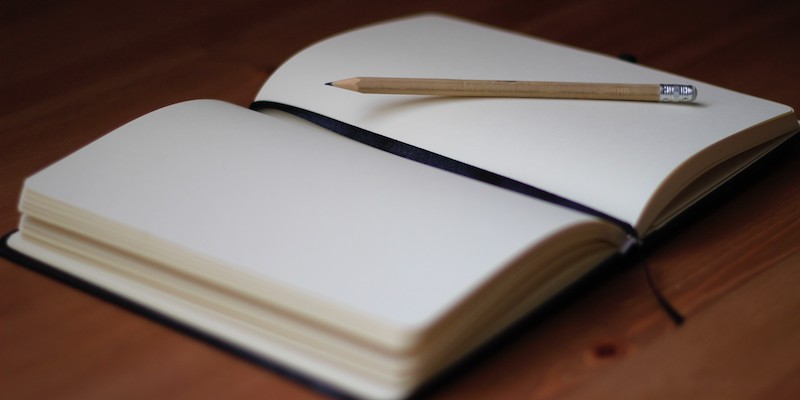Against Journaling: Dennis Tang on the Joys of Not Writing It All Down

🌈 Abstract
The article discusses the author's perspective on the practice of keeping a journal, arguing that while it is often touted as a valuable habit for writers, it may not be necessary or even beneficial for everyone. The author explores the limitations of journals in accurately capturing and preserving memories, and suggests that relying on memory can be a valid and meaningful alternative.
🙋 Q&A
[01] Against Journaling
1. What are the key reasons the author provides for not keeping a journal?
- The author argues that memories tend to flatten and blur over time, and the specifics of events are often lost, even for significant moments.
- The author suggests that journals are subjective and can be unreliable in capturing the truth of past experiences.
- The author notes that even famous writers have struggled to maintain consistent journaling habits, and have expressed skepticism about the value of journals.
- The author suggests that the pressure to constantly record one's life can be anxiety-inducing and detract from the experience of living in the present.
2. How does the author view the role of memory compared to journaling? The author suggests that memory, while fallible, can be a valid and meaningful way to access the past, and that writers like Louise Glück and Annie Ernaux have successfully used memory as a basis for their work. The author argues that memory can represent an "alternate form of truth" that is worth embracing.
3. What does the author see as the underlying motivations for keeping a journal? The author suggests that the desire to keep a journal is often driven by a "fear of loss" and a need for control over one's experiences. The author argues that this impulse is amplified by the pressure of capitalism to constantly produce and document one's life.
[02] The Limitations of Journaling
1. What examples does the author provide of writers who have struggled with or been skeptical of journaling? The author cites examples of writers like Joan Didion, Patricia Lockwood, and Heidi Julavits, who have expressed frustration with the tedium and unreliability of their own journal-keeping efforts.
2. How does the author characterize the potential pitfalls of overly detailed journaling, as exemplified by the case of Robert Shields? The author suggests that the extreme level of detail and documentation pursued by Shields, who recorded his life in 5-minute increments, is ultimately futile, as the resulting 38 million words of diary entries are unlikely to provide any meaningful insights or truth about his life.
3. How does the author view the relationship between memory and truth in the context of writing from memory, as exemplified by writers like Louise Glück and Annie Ernaux? The author suggests that writing from memory, while potentially less "empirical" than journaling, can still be a valid and meaningful way to access the truth of one's experiences and interior life. The author argues that memory can serve as a source of knowledge and a subject of interrogation in itself.
[03] Accepting the Limits of Recordkeeping
1. What does the author see as the underlying anxiety or "fear of loss" that drives the impulse to keep a journal? The author suggests that the desire to keep a journal is often motivated by a fear of forgetting or losing touch with the past, as well as a need for control and mastery over one's experiences.
2. How does the author propose that we should approach the limitations of memory and recordkeeping? The author argues that it is important to "reject claims of any one weird trick to great writing" and to "let go of the anxiety that comes with insisting on complete mastery over our habits and ourselves." The author suggests that accepting the inevitability of forgetting and loss can be "mollifying" and that memory, despite its flaws, can represent a valid and meaningful form of truth.
3. What is the author's final message or conclusion regarding the value of journaling and the role of memory? The author concludes that "to forget is to be human" and that we should not be afraid of losing touch with the past, as we were there, living it. The author suggests that while journaling may have value for some, it is not a necessary or universal requirement for writers, and that embracing the richness of one's own mind and memory can be a valid and fulfilling alternative.